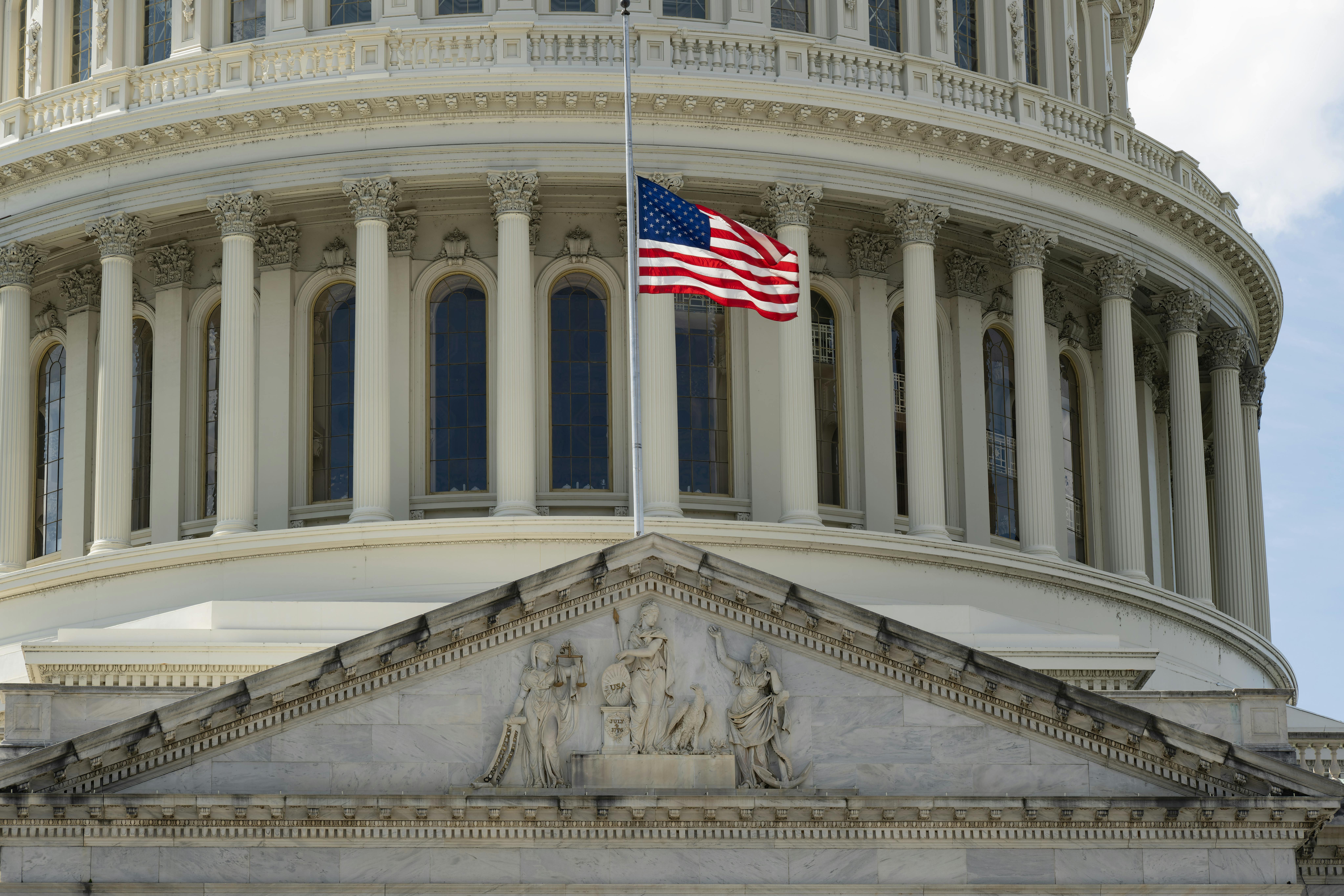The US government is poised to eliminate longstanding recommendations that limit alcohol to one drink per day for women and two for men, according to sources familiar with the upcoming Dietary Guidelines for Americans. This significant shift, expected as early as this month, would replace specific limits with more general advice to drink in moderation or limit alcohol due to health risks.
This change comes amid growing scientific debate about alcohol consumption and represents a potential victory for the alcohol industry, which has faced increasing scrutiny over health concerns.
“The scientific basis for recommending specific daily limits is limited,” said one source involved in the process, explaining that the goal is to ensure guidelines reflect only the most robust evidence.
The Dietary Guidelines for Americans, reviewed every five years, influence everything from school lunch programs to medical advice. Since 1990, these guidelines have consistently defined “moderate drinking” as no more than one drink daily for women and two for men.
Health Secretary Robert F. Kennedy Jr., a non-drinker himself, has remained largely silent on alcohol while emphasizing whole foods in the upcoming recommendations.
The anticipated change stands in contrast to guidelines in other countries. The United Kingdom advises limiting drinking to 14 units per week spread over three or more days. Canada’s guidance, updated in 2023, warns that health risks begin to increase after just two drinks per week, though official government websites still mention two to three drinks per day depending on gender.
Stock prices for major alcohol companies like AB InBev and Diageo rose following news of the potential change. Senate records show these companies spent millions on lobbying efforts related to the guidelines and other issues such as tax and trade in 2024 and 2025.
Public health advocates have expressed concern about the shift. Eva Greenthal, senior policy scientist at the Center for Science in the Public Interest, called the more general language “so vague as to be unhelpful,” arguing that important health risk messages would be lost.
Similar Posts:
Former US Surgeon General Vivek Murthy highlighted in January 2025 that alcohol consumption increases the risk of at least seven types of cancer and is the third leading cause of preventable cancer in the United States. He called for warning labels on alcoholic beverages similar to those on tobacco products.
The World Health Organization has taken an even stronger stance, stating there is “no safe amount of alcohol that does not affect health.”
Research on alcohol’s health effects remains mixed. Some studies link even moderate drinking to increased cancer risk, especially breast cancer. Others suggest possible benefits like lower risk of stroke or heart disease. Excessive drinking contributes to approximately 178,000 deaths annually in the US, according to public health data.
Two studies commissioned to inform the guidelines reached different conclusions. One found moderate drinking associated with increased cancer risk but decreased risk of dying from any cause and some cardiovascular problems. The other concluded that health risks begin at any level of consumption and increase with higher intake.
The alcohol industry has consistently maintained that guidelines should be determined by sound scientific evidence. “Information on responsible alcohol consumption has been part of the Dietary Guidelines for decades and has provided useful guidance for consumers who choose to consume alcohol and their health care providers,” said Science Over Bias, a group representing US growers, producers, distributors, and retailers of beer, wine, and spirits.
Meanwhile, younger generations appear to be drinking less overall. This trend toward “mindful drinking” has led to growth in the non-alcoholic beverage market.

The new guidelines, while dropping specific daily limits, are expected to maintain the message that drinking less is better for health than drinking more. Healthcare providers will likely need to have more nuanced conversations with patients about alcohol consumption based on individual health profiles.
As one health expert put it, “Would you want to take something that is a known carcinogen?” This question may ultimately guide personal decisions about alcohol regardless of official guidelines.


















